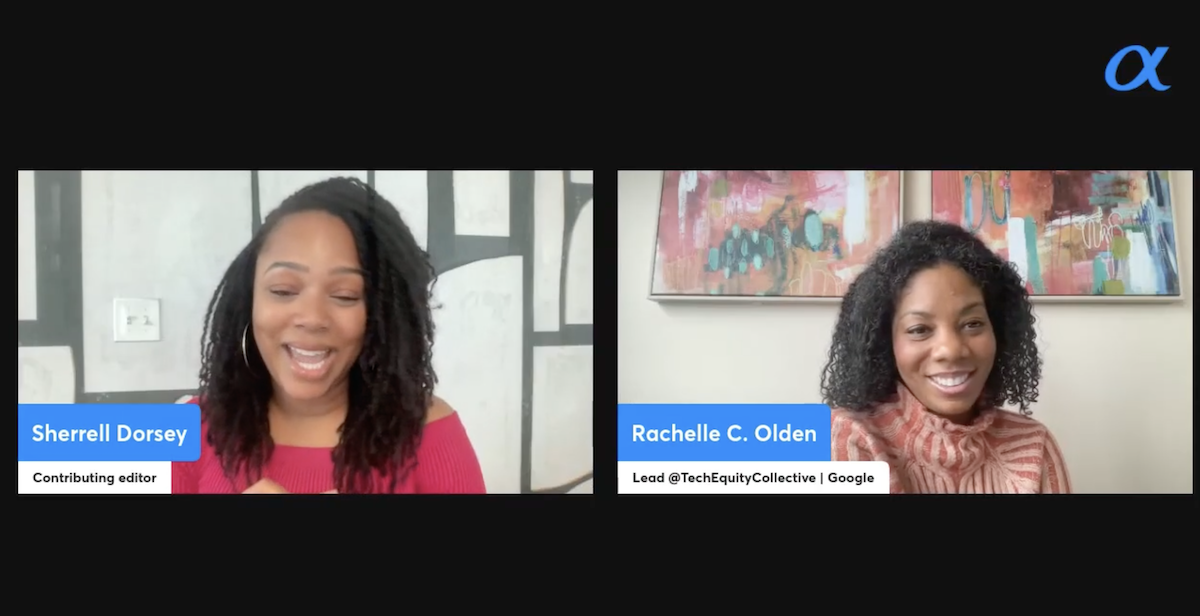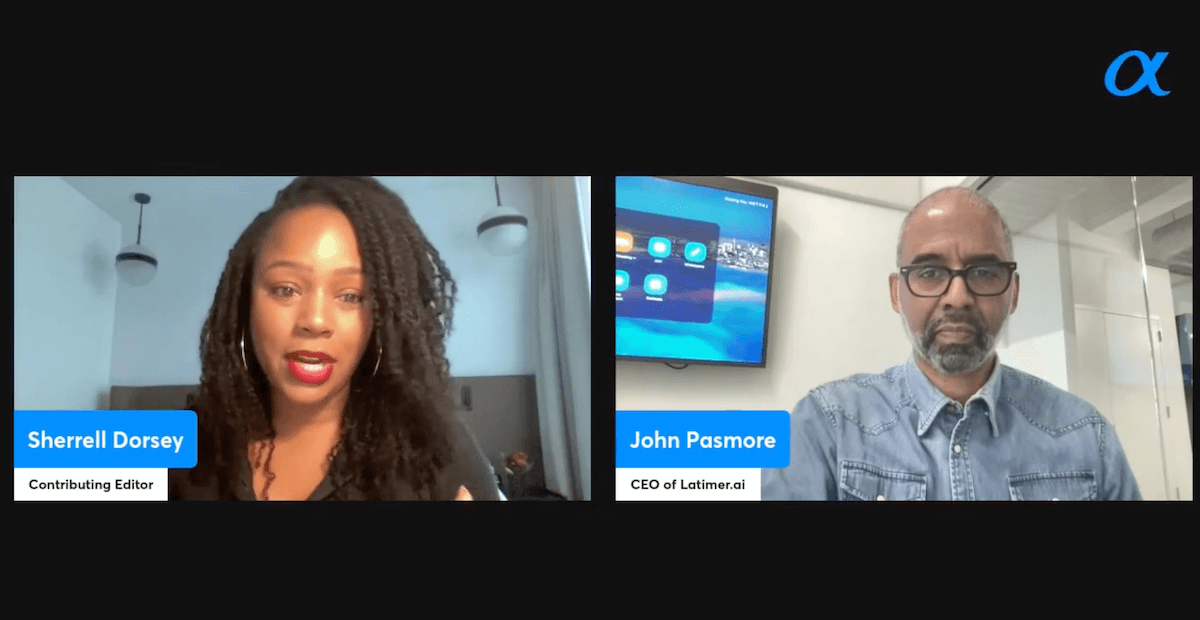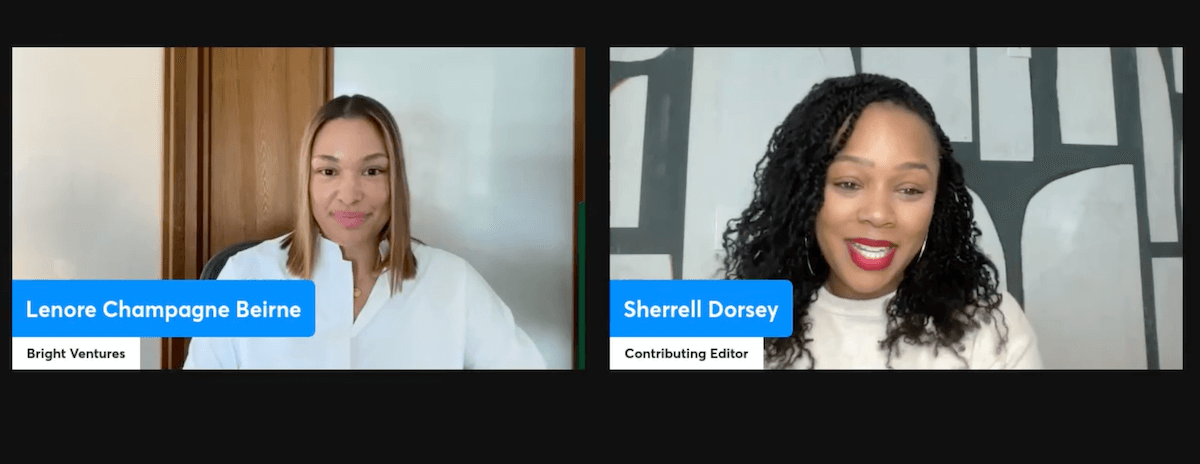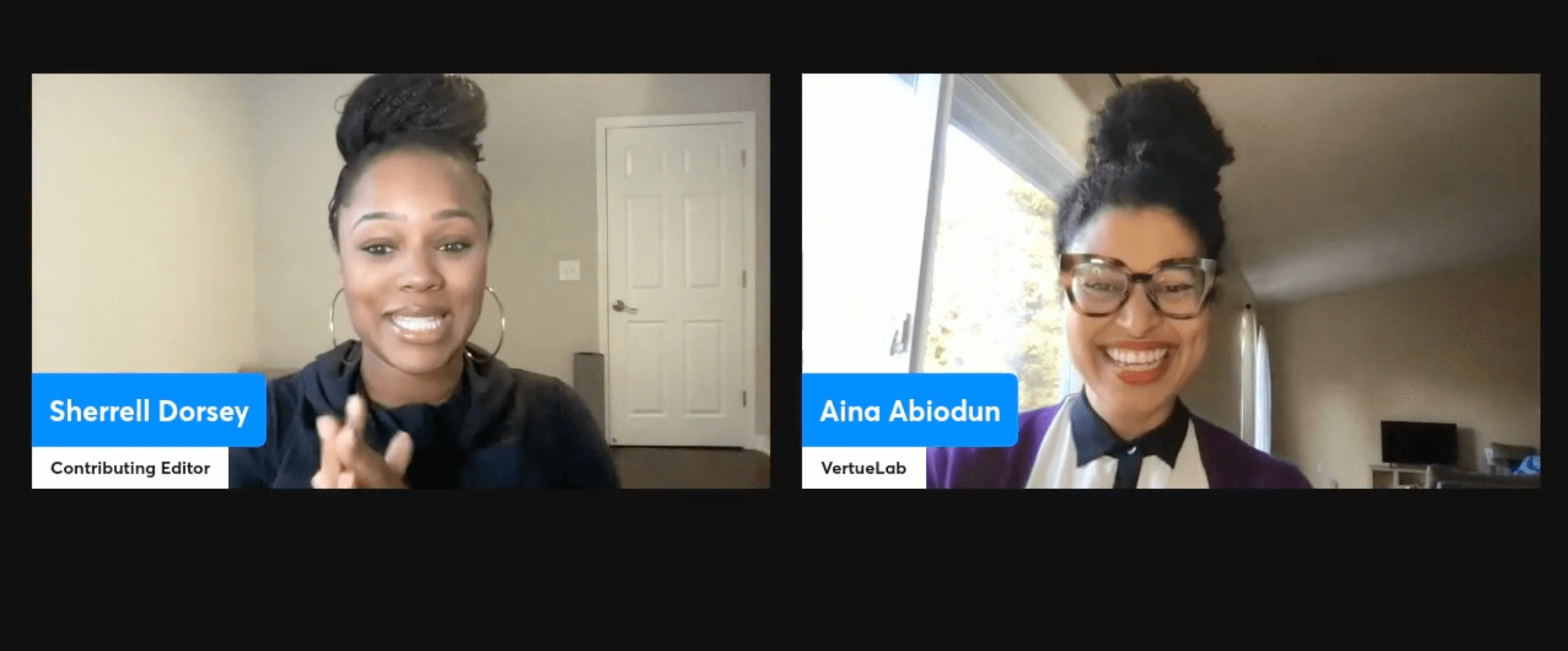The gold rush of 2020 gave way to the pink slips of 2023.
Nearly a quarter-million tech workers were laid off last year as companies trimmed talent and corrected the aggressive hiring from the early years of the pandemic.
But the rise of artificial intelligence and continued digitization of all things means technology jobs will continue to be a path to prosperity for millions of people. Accessibility to those jobs has historically been less than equitable.
In its second year, the Tech Equity Collective Impact Fund out of Google has supported several dozen organizations across the country, training and connecting emerging Black and Latin technical talent to curriculum spanning software engineering to UX design, AI/ML, cloud computing, and more.
In this week’s Plugged In conversation, I sat down with Rachelle Olden, lead at the Tech Equity Collective at Google. With $1 million each year, the collective has invested $50,000 checks in addition to mentorship and coaching, to help nonprofit organizations like America On Tech, ColorStack, DevColor continue to help underrepresented groups gain access to necessary training and jobs in tech.
Watch the full conversation on LinkedIn.
“You don’t have to be a certain age. You don’t always have to have this specific skill set,” Olden told me. “We want to make sure that we are creating a variety of pathways into this space.”
Collective meaning
Olden recently announced the collective’s latest set of 20 grantees providing technical education, job placement, and coaching to Black and Latinx tech talent. This year’s grantees were chosen to reflect the different pathways into the tech ecosystem.
Using a more traditional accelerator model, hack.diversity works with cohorts of Black and Latinx Fellows who receive career and interview coaching and are placed in summer internships with tech companies.
By providing tuition-free IT education Per Scholas is “advancing economic opportunity through rigorous career training,” says Olden. The organization says that 85% of its students are people of color and a third are women.
Despite the ups and downs in the tech ecosystem over the last year, “Google remains committed to our work in DEI and remains committed to Tech Equity Collective,” said Olden.
That will allow the collective to craft its approach to the rise of artificial intelligence, Olden says.
The collective plans to continue building community and create a space for Black, Latinx and other people of color to ask and answer tough questions.
“What does it mean to be a collective of individuals? A collective of thought leaders? A collective of industry leaders? A collective of technologists?”












